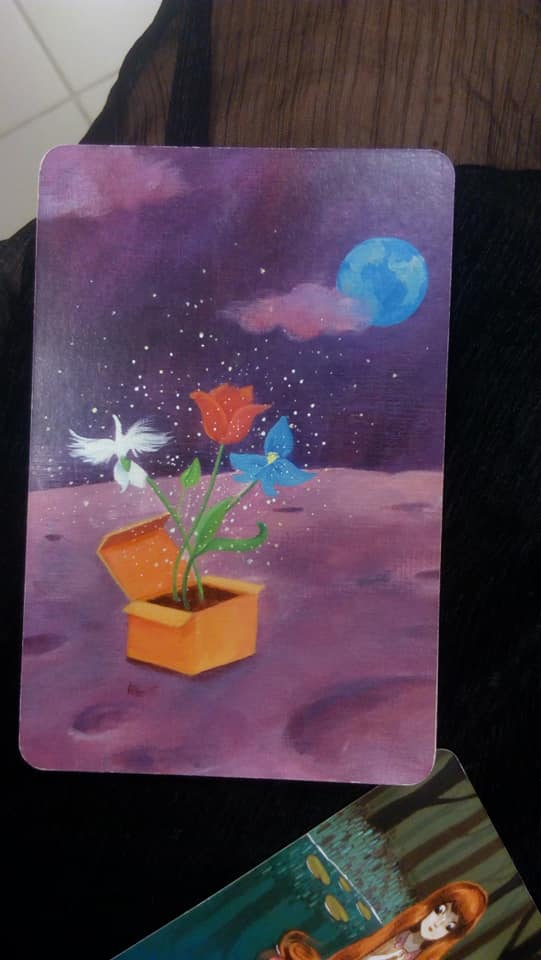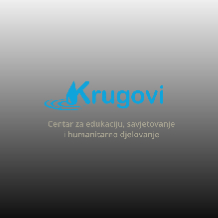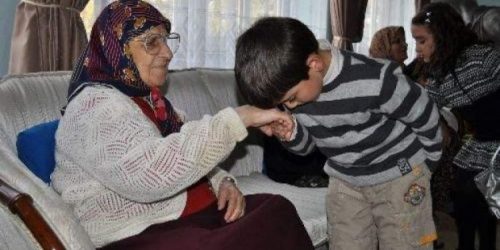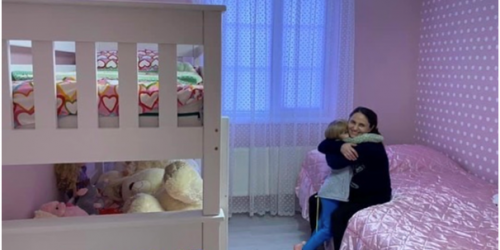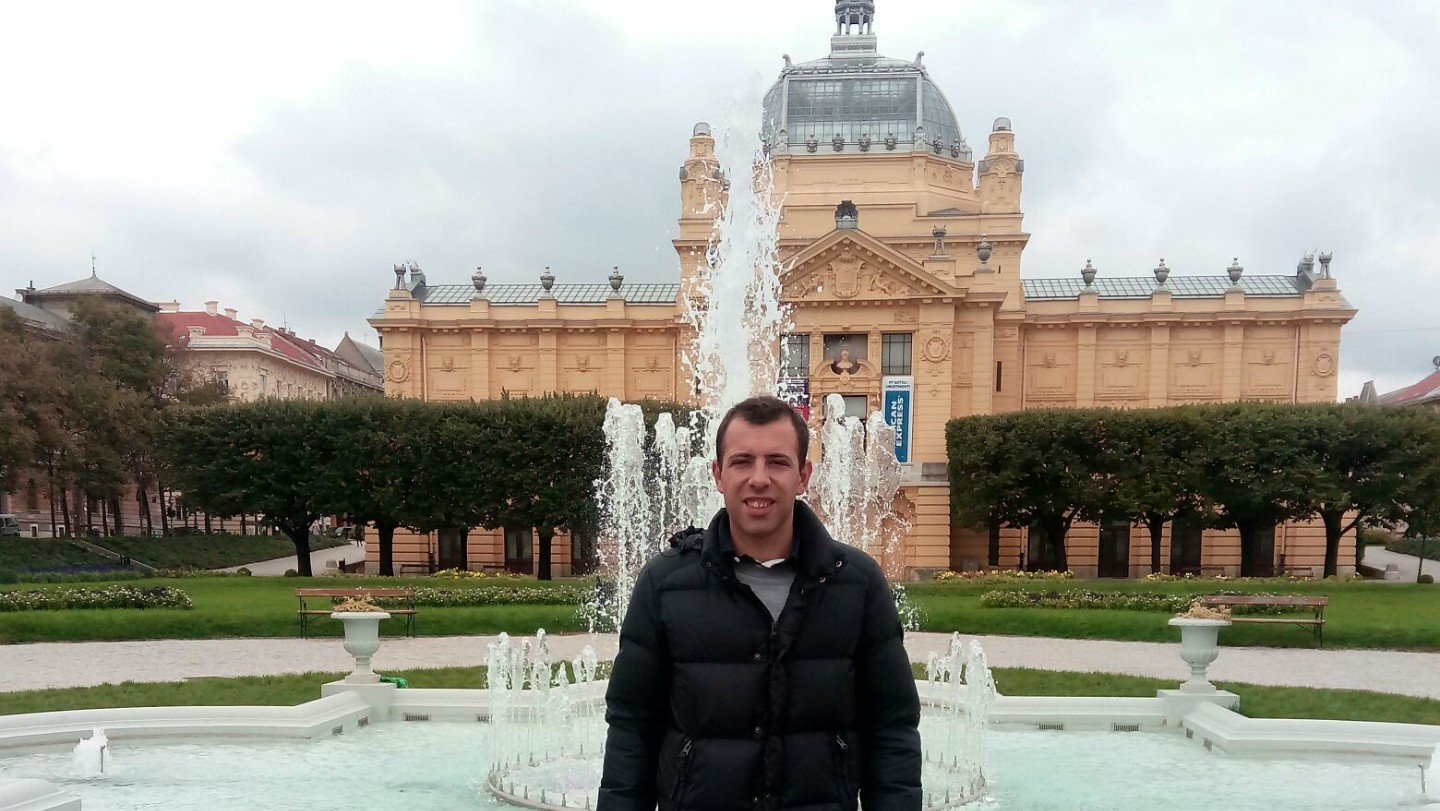Learning Academy – mediation in volunteering
Learning Academy – mediation in volunteering is a training course for EVS coordinators, mentors, trainers, youth workers and educators, who work in context of international volunteering and would like to develop skills connected with mediation as a method of Alternative Dispute Resoluttion.
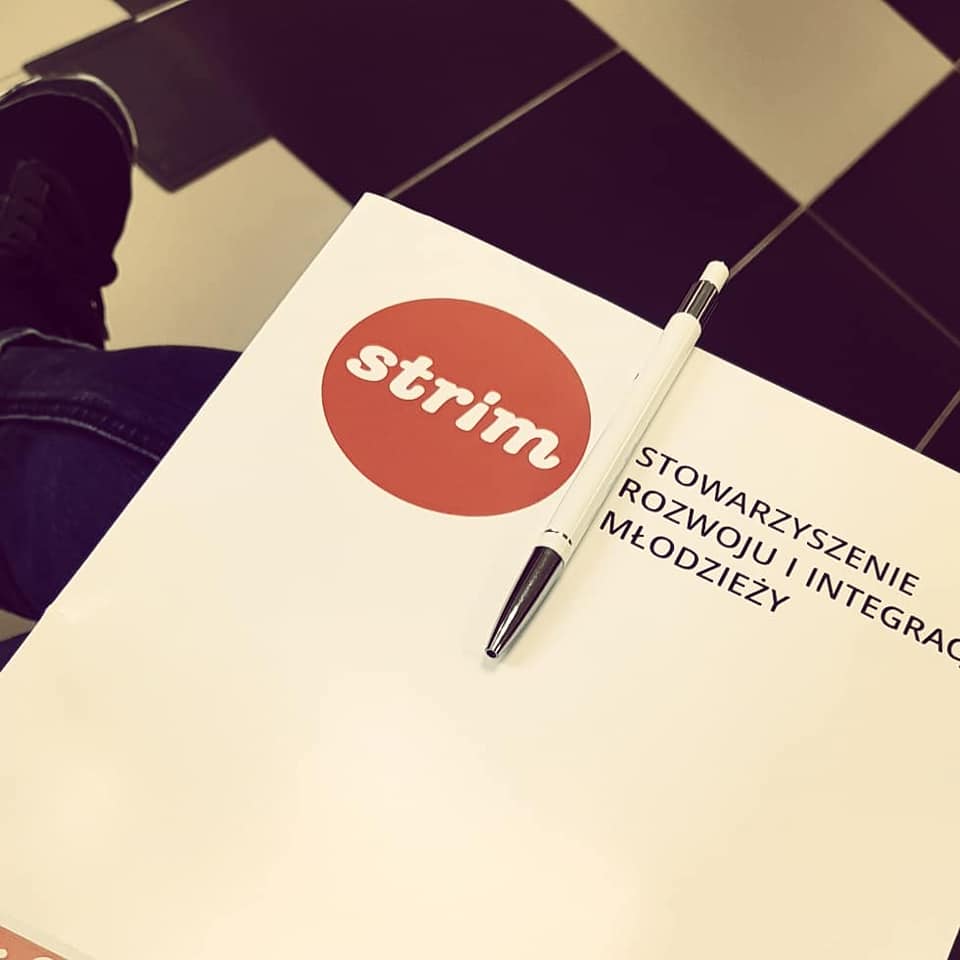
For participants from:
Croatia, Estonia, Hungary, Italy, Poland, Portugal, Slovakia, Spain, Sweden
Partner from Croatia: Carpe Diem
PROGRAMME DAYS: 12.08.2018 – 18.08.2018
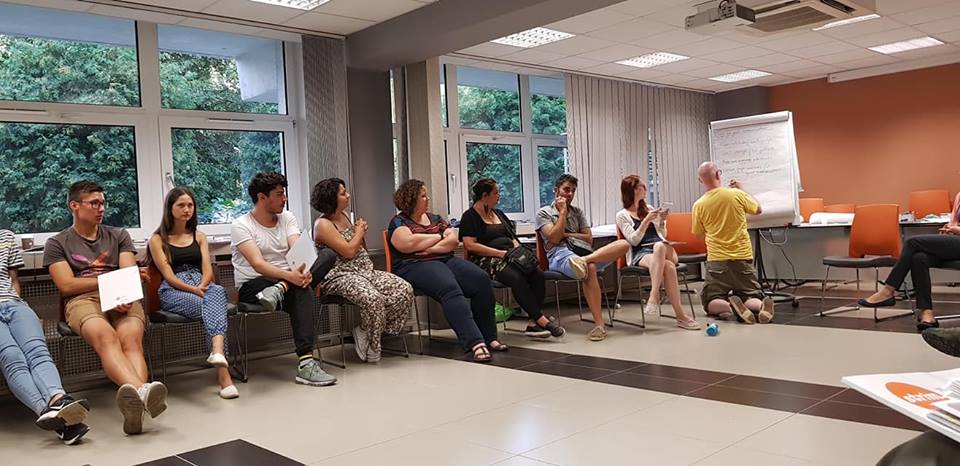
The training course is targeted for people actively involved in international volunteering projects
(especially for EVS/ESC coordinators) who work with volunteers on a daily basis and who already have some experience in non-formal education and experiential learning.
The programme is designed for people who are ready to learn, explore, discover and develop their skills, competences and know-how and will be able to use it later in their jobs and communities.
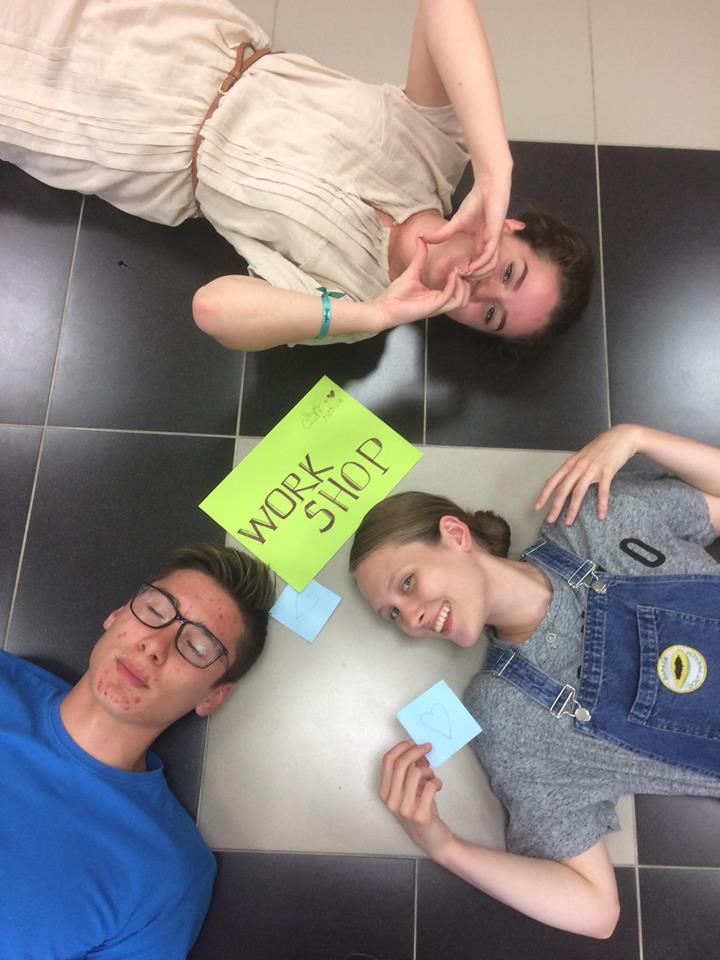
TC is a follow up of the project “First ADR Kit” (http://firstadrkit.org) and it aims at is implementing ADR with special focus on mediation as a conflict resolution tool in EVS/ESC.
Mediation is a way of solving conflicts amicably with a support of third, neutral person, who facilitates the parties of the dispute through all stages of conflict, supporting them in dealing with emotions, identifying their interests, creating options and finally –reaching a common ground.
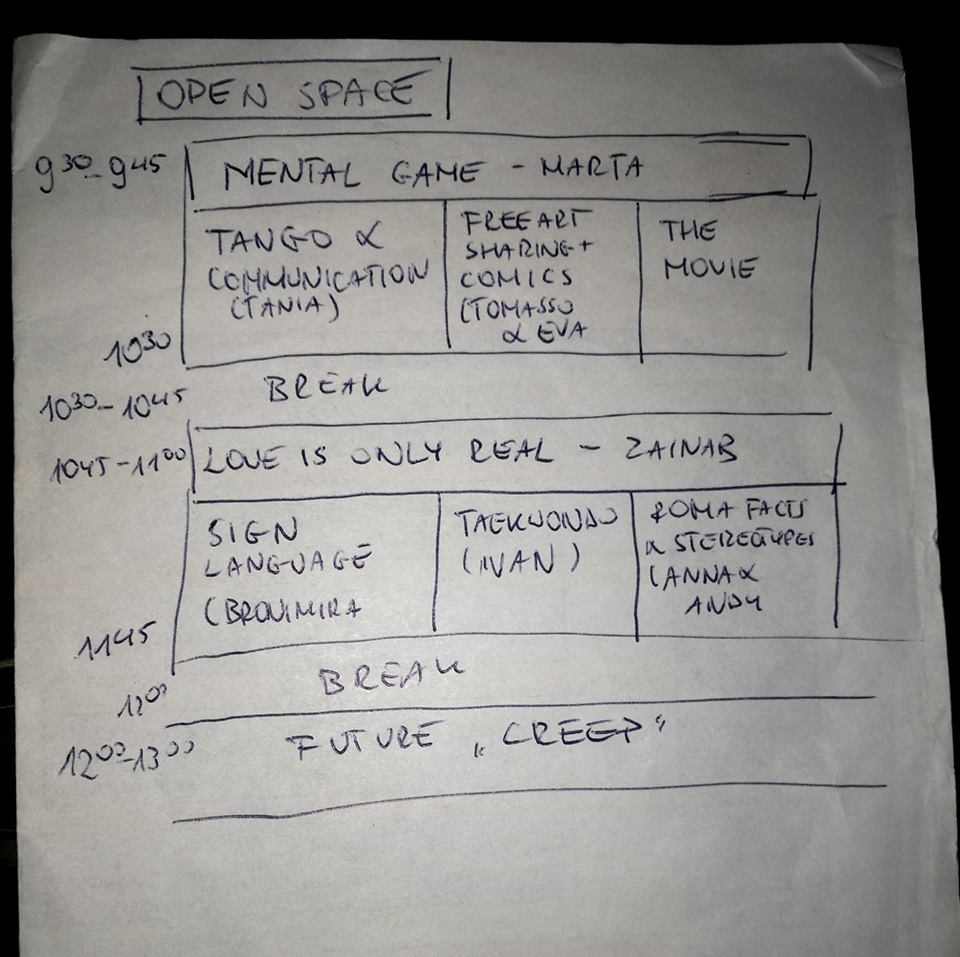
So far known mostly in commercial disputes – mediation gains recognition as one of the most efficient and constructive way of solving conflicts.
The course was based on non-formal education methodology and will have a form of practical exercises and simulations.

Participants were having a chance to understand:
- how active listening works
- how to practice the loop of understanding
- how to paraphrase, summarise and emphasise
- how to be creative in conflict resolution process
- what to do in order to find common grounds
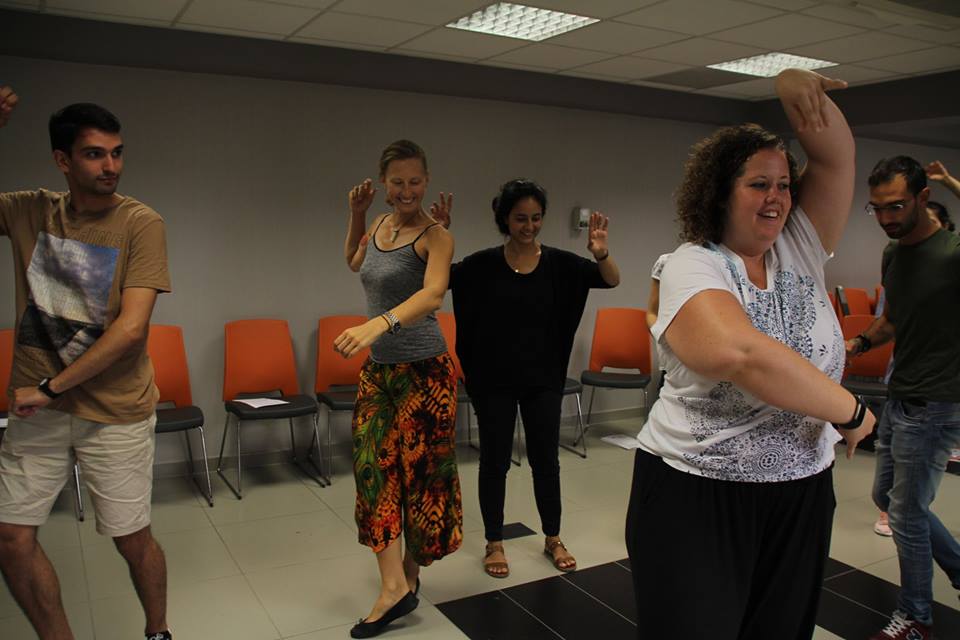
The programme was built on actual knowledge and experiences of the participants focused on international volunteering features.
It allowed strong intercultural aspect in a form of simulation exercises. Simulations were especially designed for the course allowing the participants to experience the conflict “inside-out” both as mediators and the parties to the
dispute.
